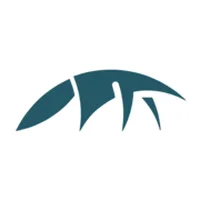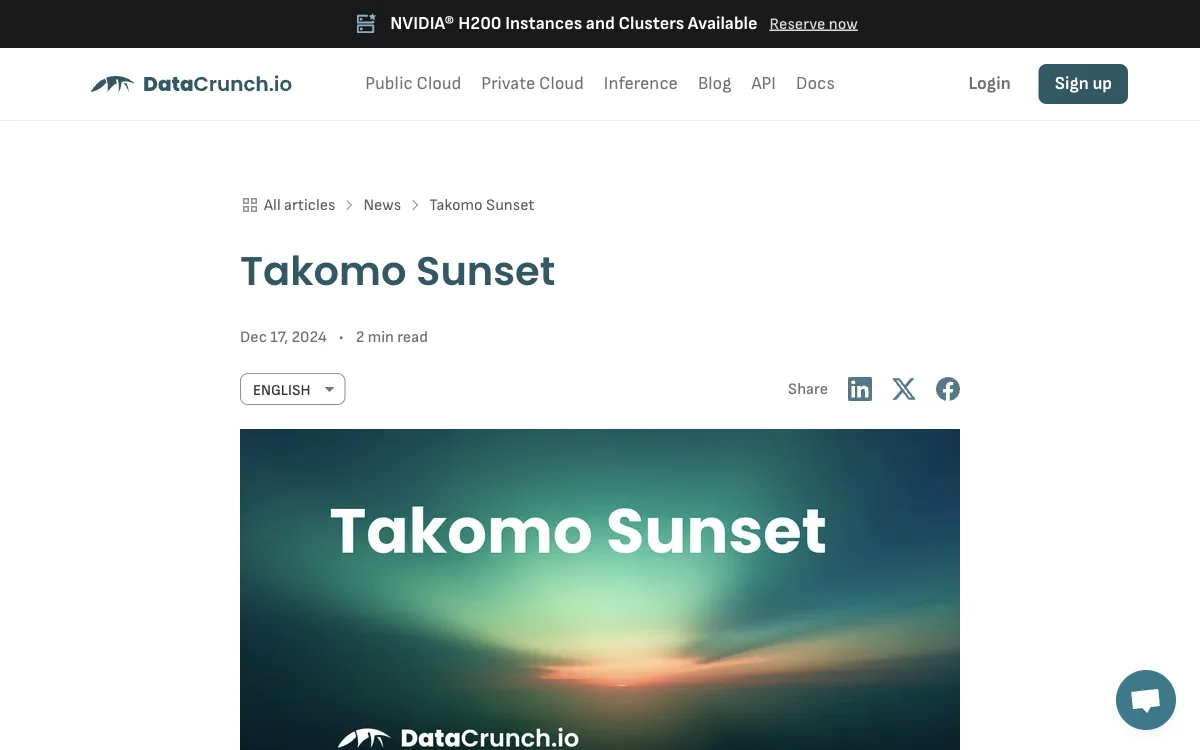Takomo emerged as a groundbreaking no-code platform designed to simplify the integration and execution of AI models. Its primary goal was to make AI model integration not only powerful but also accessible to a broader audience. Over its two-year lifespan, Takomo enabled users to link various AI models into a single, cohesive pipeline effortlessly. This capability allowed for the creation of complex workflows where models could interact and pass data to one another seamlessly. For instance, users could transcribe audio files using an Automatic Speech Recognition (ASR) model, summarize the transcription with a language model like GPT, and then generate an email draft based on the summary, all within a single workflow.
The platform garnered significant attention from the developer community, who utilized it to integrate tools such as natural language processing and image recognition, thereby creating innovative AI applications. However, as AI workflows became increasingly complex, the need for a more scalable and efficient infrastructure became apparent. This led to the decision to retire Takomo and shift focus towards Serverless Containers, a service designed to offer scalable, cost-efficient, and powerful infrastructure for AI and machine learning workloads.
Serverless Containers promise to address the growing demands of AI projects by automatically adjusting resources to match workload demands, ensuring cost efficiency by charging only for the compute used, and simplifying deployment processes to reduce infrastructure complexity. As the transition to Serverless Containers begins, the Takomo community is invited to join the waitlist to be among the first to experience this new service.
The retirement of Takomo marks the end of an era but also the beginning of a new chapter in AI and machine learning infrastructure. The Takomo community's creativity and innovation have been instrumental in shaping this journey, and the team is deeply grateful for their support. The focus now shifts to empowering AI projects with even better tools, starting with the launch of Serverless Containers.

